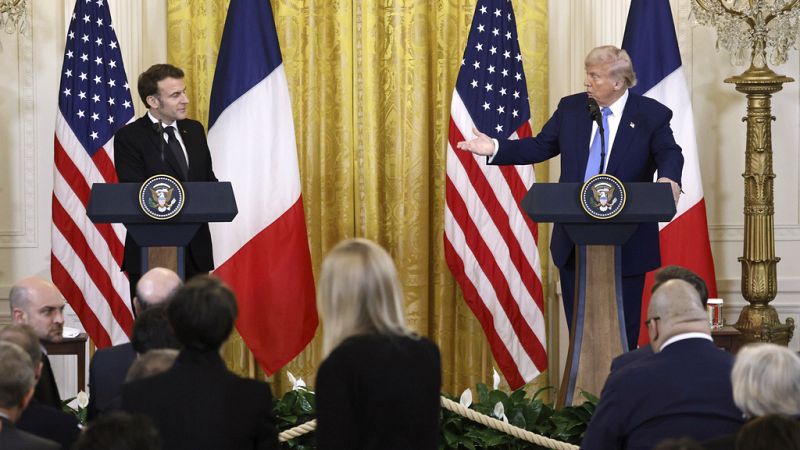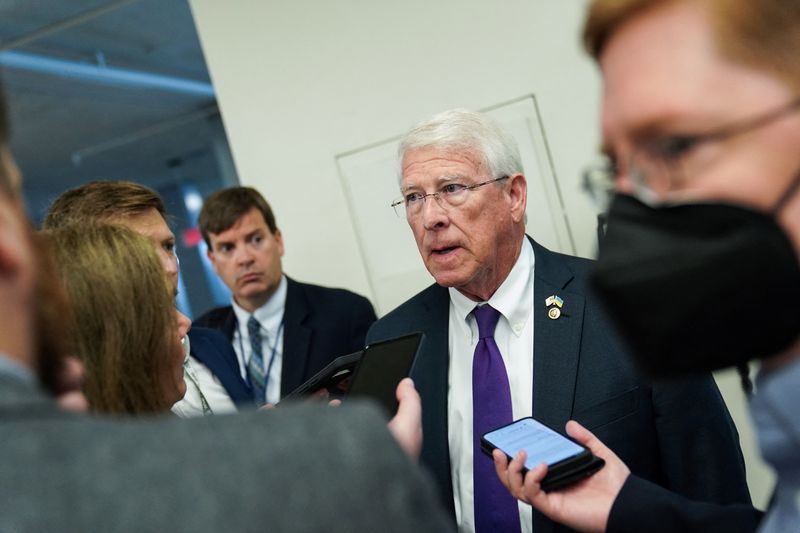The threat of a transatlantic trade conflict is rising once more, with U.S. President Donald Trump considering imposing extensive duties of up to 25% on all products from the European Union.
The potential move could send shockwaves through the French economy. In response, Brussels has signalled that it will be ready to retaliate.
A month ago, U.S. President Donald Trump issued an executive order that introduced a 25% tax on imported steel, aluminum, and associated derivatives, impacting around €26 billion in European Union exports.
In 2023, the US stands as France’s fourth-biggest buyer and fifth-major supplier.
according to Natixis
, a significant French banking conglomerate.
Aircraft manufacturing, pharmaceuticals, wines, and spirits collectively make up over one-third of France’s exports to the United States, indicating that these industries are notably susceptible.
However, the French spirits sector, with annual exports worth €3.9 billion, is preparing for the direst outcomes.
Between 2019 and 2021, a comparable tariff conflict led Trump to introduce 25% tariffs on French wine, which he later extended.
policy to cognac
and other high-end liquors.
According to industry data, the outcomes were devastating, marked by a 40% drop in exports and a net loss of €500 million.
The second biggest group of products France sells to the U.S., pharmaceuticals, might also face threats.
If the US proceeds with tariffs, French pharmaceutical companies might be forced to make tough choices regarding relocating their manufacturing operations.
“The
steel sector
“is already weakening, along with the automotive industry due to the shift towards electric vehicles,” stated Christophe Blot, an economist at the OFCE, a French economic research institute.
Blot also pointed out that sectors significantly reliant on the US market, like luxury items and pharmaceuticals, are especially susceptible.
What steps can France take with the EU?
retaliate
?
The EU has stated unequivocally that it will react if Trump proceeds with his threats. However, economists caution that countermeasures might have unintended consequences, harming European consumers instead.
“If we follow what Trump did, we will end up imposing penalties on French consumers. This isn’t necessarily the best scenario—everyone would lose in this situation,” Blot explained to Euronews.
Although France sells valuable products to the United States, its main purchases are
hydrocarbons
— oil and gas — valued at €12.2 billion in 2023.
“France might attempt to exert influence during talks by using its energy imports strategically, possibly boosting its purchase of American hydrocarbons to mitigate tariff pressures,” proposed Hadrien Camatte, an economist at Natixis CIB.
In 2018, during an earlier trade disagreement between Trump and the European Union, the union responded by imposing duties on well-known American products like Harley-Davidson motorbikes, Levi’s denim trousers, Kentucky bourbon whiskey, and Florida orange juice.
On Wednesday morning, the EU executive launched a set of countermeasures on US imports into the EU, targeting a variety of American products, ranging from boats to bourbon to Harley-Davidson motorbikes, similar to what happened in 2018.
What other countries could be most impacted?
While France would feel the sting of tariffs, Germany and Italy — Europe’s largest exporters to the US — would likely be hit even harder, Camatte said.
Both nations have significant trade surpluses with the United States, which makes them key targets for Trump.
According to
research by Natixis
A 10% increase in tariffs might decrease Germany’s economic output by around 0.5%, trailed by Italy at 0.4% and France at 0.3%.
Even though the actions of the U.S. president remain unpredictable, experts warn that the European Union needs to prepare itself for additional increases in tariffs.
“At this point, these remain merely threats without a defined schedule or specifics,” stated Sébastien Jean, an economist specializing in international trade.
“However, considering the numerous statements and indications coming from the White House, it would be unexpected if the U.S. didn’t enforce additional tariffs on imports from the European Union, extending beyond the ones already scheduled for steel and aluminum,” he stated at last.





